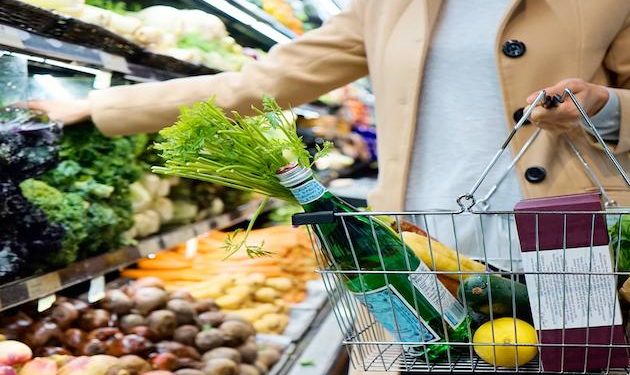- LONDON, England: This holiday season, with the prices of turkey, Brussels sprouts and Christmas pudding all rising, Christmas dinners in the UK will cost considerably more than in the past.
- Officials noted that while a meal for four currently costs £27.48, on average, up 3.4 percent from last year, this has not reduced people’s “desire to treat themselves and loved ones” this Christmas.
- Surging energy costs, supply chain issues and labour shortages have disrupted the UK food industry.
LONDON, England: This holiday season, with the price of turkey, Brussels sprouts and Christmas pudding all rising, Christmas dinners in the UK will cost considerably more than in the past, according to analyst firm Kantar.
Officials noted that while a meal for four currently costs £27.48, on average, up 3.4 percent from last year, this has not reduced the public’s “desire to treat themselves and loved ones” this Christmas.
Surging energy costs, supply chain issues and labour shortages have disrupted the UK food industry.
The average cost of a frozen turkey rose 7 percent to £12.46, and in the past four weeks, grocery prices nationwide jumped 3.2 percent, compared with last November, Kantar added, noting this had not yet affected shopping behavior.
“Habits we would expect to see shift, like swapping branded products for own-label or seeking out promotions, have not altered just yet,” Kantar stressed, as reported by the BBC.
As low-income families spend a higher proportion of their income on food, the continuing price rises are going to hit this group especially hard, Chris Birt, associate director at the Joseph Rowntree Foundation, told the BBC.
“In the wake of the recent cut to Universal Credit, there are families who will be left hungry and cold this winter. The government must, at a bare minimum, make sure that everyone has access to enough support so they can afford the basics,” he said.
Professor of economics at the University of Bath, Chris Martin, said the rise in the cost of Christmas dinners was in line with the overall rising cost of living, affecting people’s real spending power.
“Workers whose wages have not increased in line with inflation tend to be those on lower wages who were also hit worse by the pandemic,” he said.
While some workers in high demand sectors, such as IT or supply chain logistics, saw substantial wage increases, between 65 to 70 percent of the UK’s workforce have not seen increased wages, he added.






